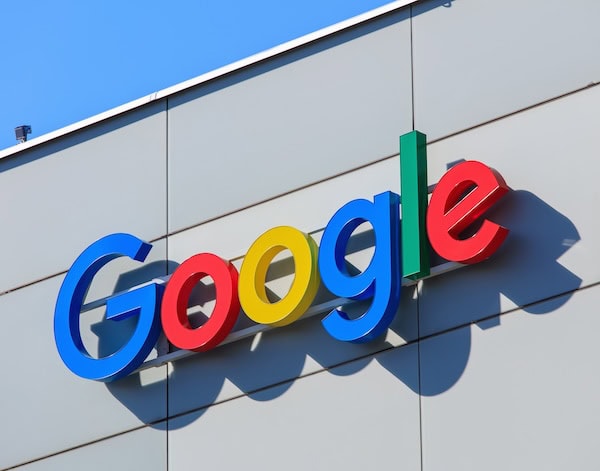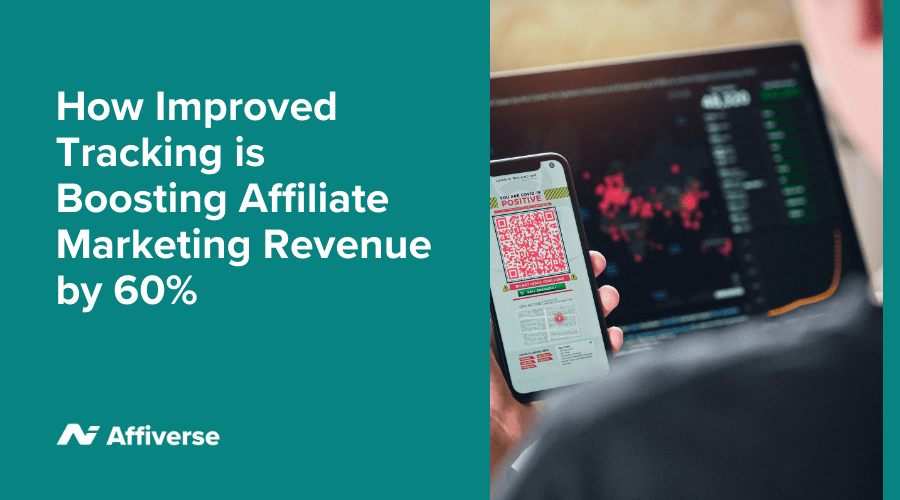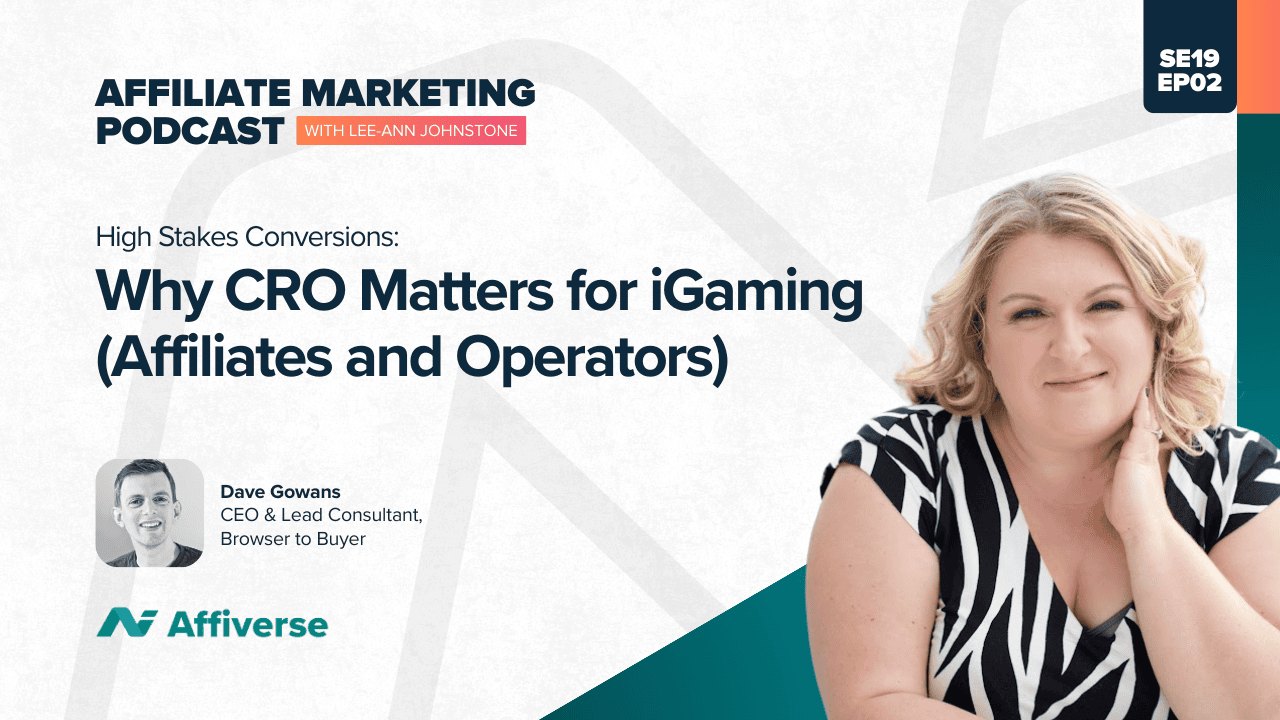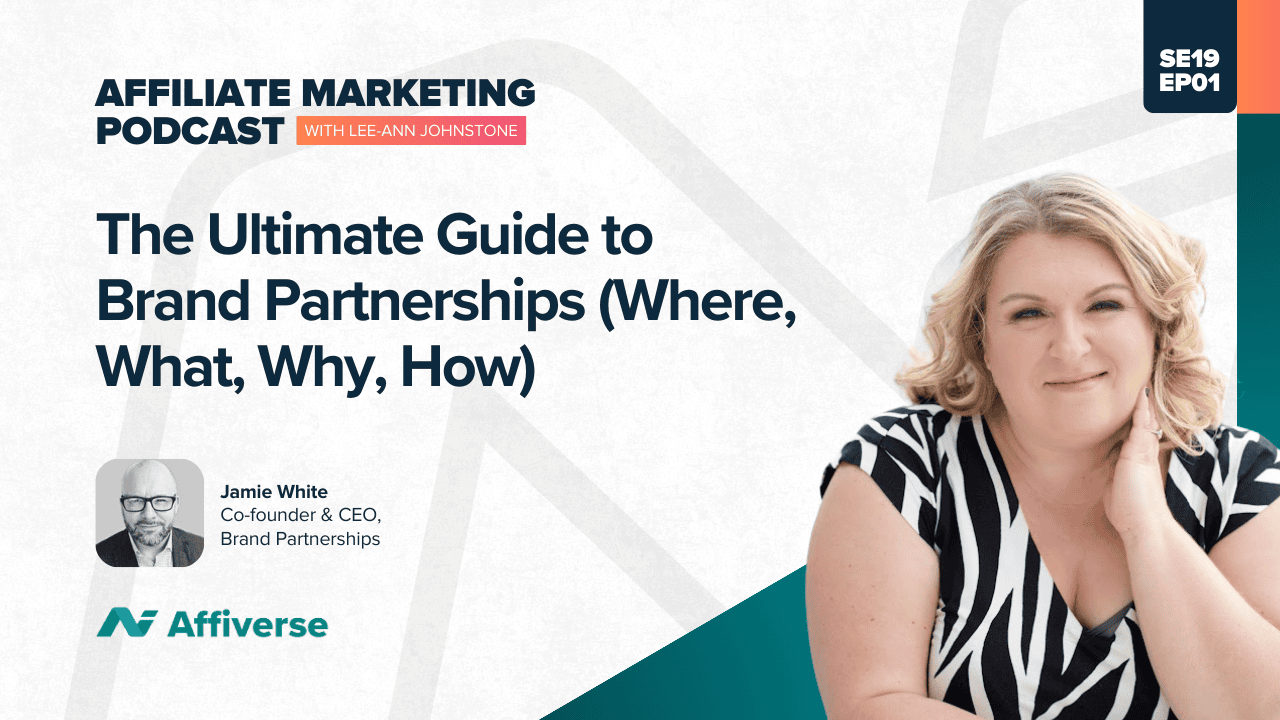In a surprising move, Google announced that it will no longer proceed with plans to phase out third-party cookies in its Chrome browser. This decision, revealed through various industry sources, marks a significant shift in Google’s approach to online privacy and ad targeting.
Here’s a breakdown of the key points and their implications for advertisers and affiliates…
The Decision to Keep Third-Party Cookies
For years, the digital advertising industry has been preparing for a cookieless future, following Google’s announcement to eliminate third-party cookies by 2023.
However, Google’s recent update states that third-party cookies will remain a part of Chrome’s ecosystem. Instead of eliminating them, Google plans to introduce new privacy features within Chrome, allowing users to control their cookie settings more granularly.
Why the Change?
Google’s decision appears to be influenced by multiple factors, including feedback from advertisers, publishers, and regulatory bodies.
The company’s Privacy Sandbox initiative, designed to find cookie alternatives, faced several challenges, including limited testing on a small user base and concerns over performance and revenue impact.
Implications for Affiliate Programs
For affiliates and affiliate managers, the initial announcement of third-party cookie deprecation raised concerns about tracking, attribution, and overall program effectiveness.
Third-party cookies have long been a cornerstone of digital advertising, enabling precise tracking of user behaviour across different websites. Without them, many feared a drastic reduction in the ability to measure the performance of affiliate marketing campaigns accurately.
- Stability in Ad Performance: With Google’s decision to maintain third-party cookies, affiliates can continue to rely on established tracking methods. This means that the attribution of sales and leads to specific affiliates remains clear and verifiable, which is crucial for maintaining trust and transparency within affiliate networks. Accurate tracking ensures that affiliates are properly rewarded for their efforts, promoting a healthier and more motivated ecosystem.
- Privacy Sandbox Continues: While third-party cookies remain, Google is not abandoning its Privacy Sandbox. The initiative will still receive investments to improve privacy features and develop new APIs. Advertisers can expect a hybrid approach where cookies coexist with enhanced privacy tools.
- Regulatory Compliance: Google’s new approach aims to balance user privacy with industry needs. By working closely with regulators like the UK’s Competition and Markets Authority (CMA), Google seeks to ensure compliance with privacy laws while preserving ad-supported business models.
- Opportunities for Strategy Optimisation: Affiliate managers now have the opportunity to optimise their strategies without the immediate pressure of transitioning to alternative tracking technologies. This stability allows for a more measured approach to exploring and integrating new solutions, such as first-party data strategies and enhanced privacy measures, which can coexist with third-party cookies for now. It provides breathing room to experiment with and gradually implement these new methods, ensuring a smoother transition when the industry inevitably shifts towards greater privacy controls.
Implications for Affiliates
Affiliates, who rely heavily on precise tracking and targeted ads to drive conversions, will find Google’s decision particularly impactful. Here’s why this is important for affiliates:
- Continued Access to Robust Data: Third-party cookies provide affiliates with detailed data on user behaviour, enabling more effective targeting and personalised marketing. The retention of cookies ensures that affiliates can maintain their current data-driven strategies without interruption.
- Consistency in Revenue Streams: Many affiliates feared a dip in earnings with the potential deprecation of cookies. The decision to keep cookies means that affiliates can expect continued performance and revenue levels, ensuring financial stability.
- Opportunity to Adapt Gradually: While the Privacy Sandbox will still evolve, affiliates now have more time to adapt to any new tools and methodologies. This gradual transition allows for testing and optimisation without the immediate pressure of a cookie-less environment.
What’s Next?
Google’s announcement has provided a temporary relief, but it is essential for affiliate programs to remain proactive. The broader industry trend is still moving towards increased privacy and reduced reliance on third-party cookies.
Affiliates and managers should use this time to invest in building robust first-party data capabilities and exploring emerging technologies such as server-to-server tracking and browser APIs like Google’s Privacy Sandbox. Here’s what affiliate managers and affiliates should focus on moving forward:
- Stay Informed: Keep up with news from Google regarding the Privacy Sandbox and any new features or changes in cookie policies.
- Test New Tools: Begin experimenting with Privacy Sandbox APIs and other privacy-preserving technologies to be prepared for any future shifts.
- Enhance Transparency: Use this period to enhance transparency and build trust with users by clearly communicating how their data is used and offering robust privacy controls.
Educational Resources and Training
To assist affiliates and managers in navigating this evolving landscape, educational resources and training programs will be vital.
Understanding how to leverage first-party data, use privacy-friendly tracking solutions, and stay compliant with evolving regulations will empower the entire affiliate marketing community to adapt and thrive in a future where third-party cookies may eventually become obsolete.
Conclusion
Google’s decision to retain third-party cookies, for now, provides a window of opportunity for affiliates and affiliate managers. By taking advantage of this period to enhance their strategies and prepare for future changes, they can ensure continued success and resilience in the dynamic world of digital marketing. The key will be to balance the use of current technologies while progressively adopting innovative solutions that align with the evolving privacy landscape.
Affiliates, in particular, can breathe easy knowing their current tracking and targeting strategies remain viable, allowing them to focus on driving performance and revenue in a stable environment.




















